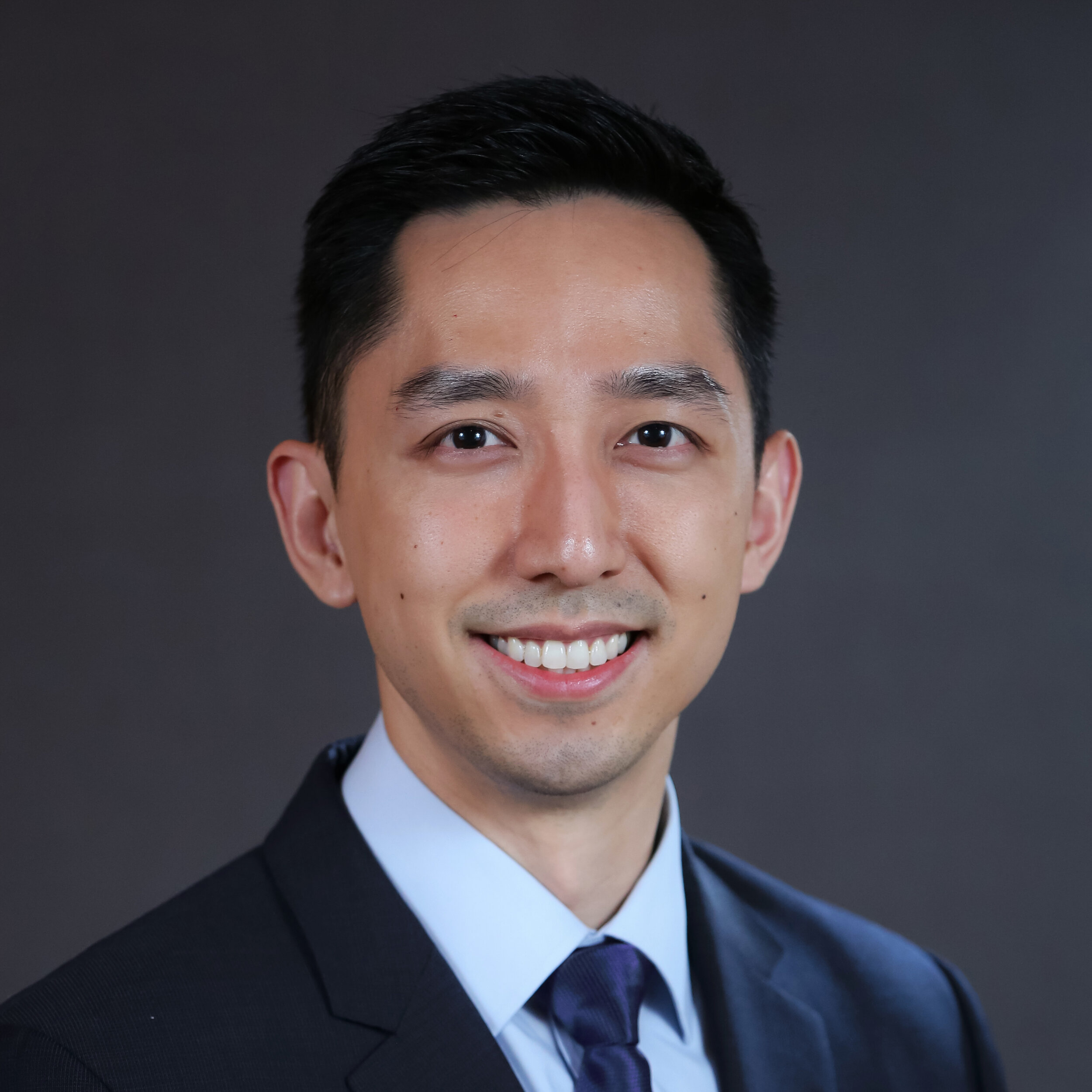Authors
Evan M. Polce, BS, Kyle N. Kunze, MD, Michael Fu, MD, Grant E. Garrigues, MD, Brian Forsythe, MD, Gregory P. Nicholson, MD, Brian J. Cole, MD MBA, Nikhil N. Verma, MD
Journal
Journal of Shoulder and Elbow Surgery. 2020 Sep 30. DOI:https://doi.org/10.1016/j.jse.2020.09.007.
Abstract
Background
Patient satisfaction after primary anatomic and reverse total shoulder arthroplasty (TSA) represents an important metric for gauging patient perception of their care and surgical outcome. Although TSA confers improvement in pain and function for most patients, inevitably some will remain unsatisfied postoperatively. The purpose of the present study was to (1) train supervised machine learning (SML) algorithms to predict satisfaction after TSA and (2) develop a clinical tool for individualized assessment of patient-specific risk factors.
Methods
A retrospective review of primary anatomic and reverse TSA patients between January 2014 and February 2018 was performed. A total of 16 demographic, clinical, and patient-reported outcomes were evaluated for predictive value. Five SML algorithms underwent three iterations of 10-fold cross-validation on a training set (80% of cohort). Assessment by discrimination, calibration, Brier score, and decision curve analysis was performed on an independent testing set (remaining 20% of cohort). Global and local model behavior were evaluated with global variable importance plots and local interpretable model-agnostic explanation, respectively.
Results
The study cohort consisted of 413 patients, of which 331 (82.6%) were satisfied at two-years postoperatively. The support vector machine (SVM) model demonstrated the best relative performance on the independent testing set not used for model training (c-statistic=0.80, calibration intercept=0.20, calibration slope=2.32, Brier score=0.11). The most important factors for predicting satisfaction were baseline single assessment numeric evaluation (SANE) score, exercise and activity, workers compensation status, diagnosis, symptom duration prior to surgery, body mass index, age, smoking status, anatomic vs. reverse TSA, and diabetes. The SVM algorithm was incorporated into an open-access digital application for patient-level explanations of risk and predictions available here: https://orthopedics.shinyapps.io/SatisfactionTSA/
Conclusion
The best performing SML model demonstrated excellent discrimination and adequate calibration for predicting satisfaction following TSA and was used to create an open-access, clinical-decision making tool. However, rigorous external validation in different geographic locations and patient populations is essential prior to assessment of clinical utility. Given that this tool is based on partially modifiable risk factors it may enhance shared decision making and allow for periods of targeted, preoperative health optimization efforts.
Keywords
Total shoulder arthroplasty, satisfaction, classification, feature selection, cross-validation, supervised machine learning (SML), support vector machine (SVM)
About the Author
Dr. Michael Fu is an orthopedic surgeon and shoulder specialist at the Hospital for Special Surgery (HSS), the best hospital for orthopedics as ranked by U.S. News & World Report. Dr. Fu treats the entire spectrum of shoulder conditions, including rotator cuff tears, shoulder instability, and shoulder arthritis. Dr. Fu was educated at Columbia University and Yale School of Medicine, followed by orthopedic surgery residency at HSS and sports medicine & shoulder surgery fellowship at Rush University Medical Center in Chicago. He has been a team physician for the Chicago Bulls, Chicago White Sox, DePaul University, and NYC’s PSAL.
Disclaimer: All materials presented on this website are the opinions of Dr. Michael Fu and any guest writers, and should not be construed as medical advice. Each patient’s specific condition is different, and a comprehensive medical assessment requires a full medical history, physical exam, and review of diagnostic imaging. If you would like to seek the opinion of Dr. Michael Fu for your specific case, we recommend contacting our office to make an appointment.

